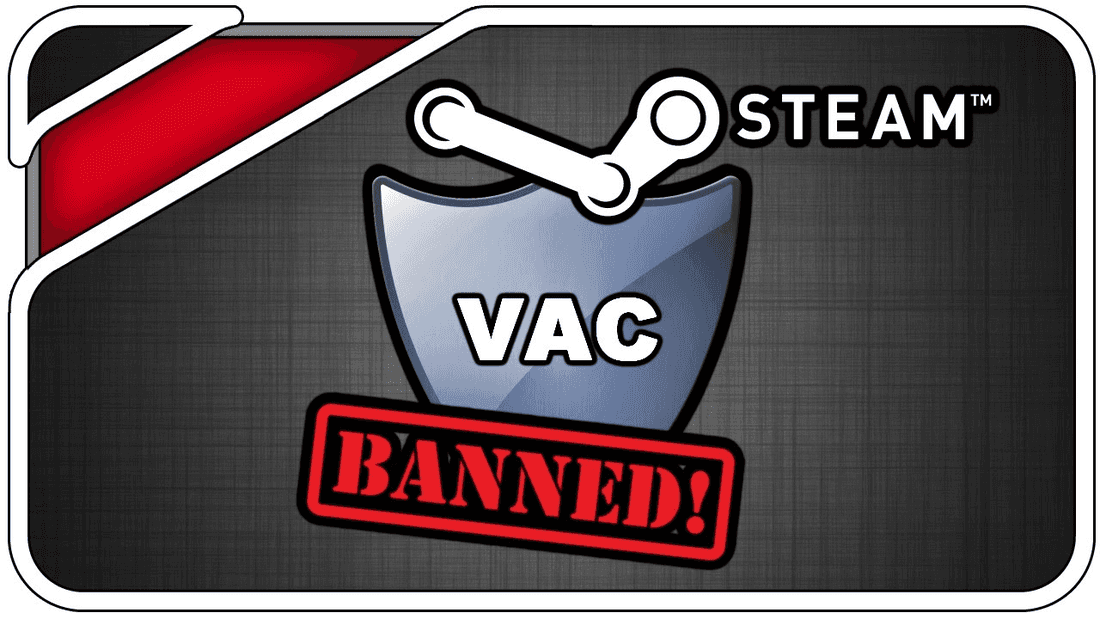Brett Rickaby's Insightful Corner
Exploring the world through news, tips, and intriguing stories.
VAC Ban Chronicles: Tales from the Shadows of Competitive Gaming
Explore the intriguing world of VAC bans in competitive gaming. Uncover shocking stories, lessons learned, and the dark side of the gaming industry!
Understanding VAC Bans: What Every Gamer Should Know
VAC bans, or Valve Anti-Cheat bans, are a crucial part of maintaining fair play within the gaming community, especially in titles like Counter-Strike: Global Offensive. When a player receives a VAC ban, it means that they've been detected using cheats or third-party software that gives them an unfair advantage. These bans are permanent, and players cannot lift them, making it essential for gamers to understand what triggers them. Adhering to fair play guidelines and avoiding any software that modifies game files or provides unfair advantages is key to preserving a clean gaming experience.
It's important to note that the VAC system only bans players from secure servers and does not apply to community servers, meaning a player could still access certain online spaces even with a VAC ban on their profile. However, the stigma of having a ban is significant within the gaming community, often leading to distrust from other players. To avoid a VAC ban, gamers should ensure their system is free of known cheats and hacks, regularly update their game clients, and be cautious of sharing accounts with other players. The impact of a VAC ban extends beyond just gameplay; it also affects your reputation in the esports community.

Counter-Strike is a popular first-person shooter game that pits teams against each other in various competitive scenarios. Players can choose from multiple game modes and work together to complete objectives, such as planting or defusing bombs. For those interested in their performance, how to check cs2 stats can provide valuable insights into gameplay metrics and improvement areas.
Top 10 Myths about VAC Bans Debunked
Steam's VAC bans have long been a source of confusion and misinformation in the gaming community. Many players mistakenly believe various myths surrounding these bans, which can lead to unnecessary worry and frustration. For instance, one common myth is that VAC bans can be removed or appealed. In reality, once a VAC ban is applied, it is permanent and cannot be reversed. This stands as a warning for players: engaging in cheating or using third-party software can have serious and lasting consequences.
Another prevalent myth is that you can receive a VAC ban for simply playing with a cheater. While it's true that the VAC system is designed to identify and penalize players using cheats, being in the same game as a cheater does not result in a ban for innocent players. However, if you knowingly associate with cheaters, especially in matches that could be monitored, you risk your account's integrity. Understanding these myths about VAC bans is crucial for maintaining a fair and enjoyable gaming experience.
How to Avoid Getting VAC Banned: Tips for Competitive Gamers
Competitive gamers know the importance of maintaining a clean record in gaming, especially when it comes to avoiding a VAC ban on platforms like Steam. The Valve Anti-Cheat (VAC) system is designed to prevent cheating and exploit usage in games, which means that a single slip could lead to a permanent ban on your account. To protect yourself, always ensure that you are playing on official servers and avoid using any third-party programs or cheats that could trigger the VAC ban system. Additionally, regularly updating your game can help you avoid conflicts with outdated files that might mistakenly raise flags in the VAC.
Another vital aspect is to be cautious about the accounts you interact with. If you play with others who have a history of cheating or have been banned, this could put your account at risk as well. To further safeguard your gaming experience, make sure to enable two-factor authentication on your account, which adds an extra layer of security. By following these simple steps, you not only enhance your gaming experience but effectively reduce the chances of getting a VAC ban.